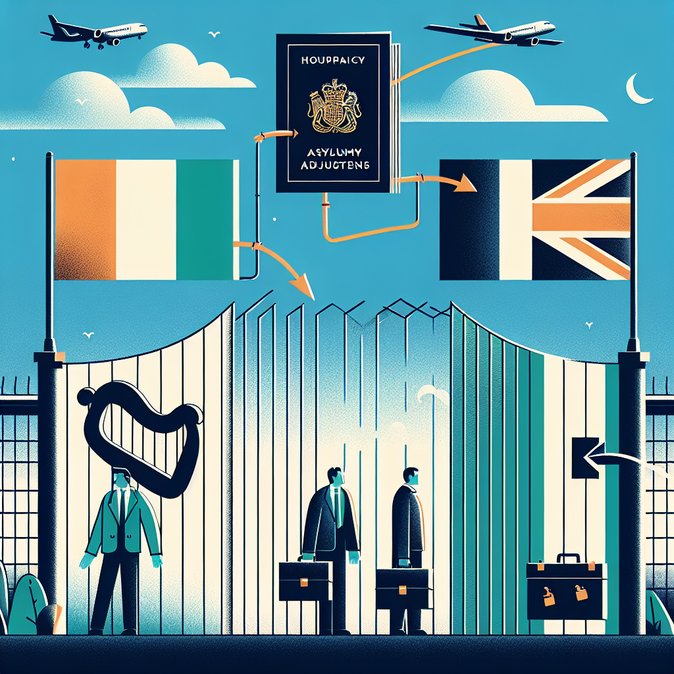
Meeting in Brussels on 17 November 2025, the Council of the European Union adopted a regulation that overhauls the mechanism for suspending visa-free travel for third-country nationals. The new rules lower the statistical threshold for triggering a suspension (from a 50 % to a 30 % surge in overstays, asylum claims or serious crime), extend the initial suspension period from nine to twelve months and allow targeted suspensions aimed at decision-makers rather than entire populations.
Although the measure is EU-wide, it has direct consequences for Ireland. Unlike the UK, Ireland remains part of the EU’s common visa policy for short-stay (Schengen) travel. Once the regulation enters force 20 days after publication in the Official Journal, Dublin will be legally bound to re-impose visas if the Commission or Council activates the mechanism against a third country.
![EU approves tougher, faster visa-waiver suspension tool that will apply in Ireland]()
For employers, the key risk lies in sudden changes to business-travel eligibility. Nationals of countries targeted under the revised rules could overnight require Irish (and Schengen) C-visas, affecting short-term assignments, conferences and technical visits. Mobility managers should therefore implement early-warning monitoring and prepare contingency visa-application workflows.
The regulation also responds to EU concerns about “citizenship-by-investment” schemes. If a third country grants passports to investors without a genuine link, its visa-free access can now be suspended. Ireland, host to large numbers of multinational staff from the Western Balkans, Caribbean and Latin America, will need to track any Commission reports on such schemes to anticipate business-travel disruptions.
Irish officials welcomed the text as strengthening “the integrity of the external EU border without re-establishing controls inside the Common Travel Area.” The Department of Justice is expected to circulate guidance to carriers and travel agents once the regulation is published.
Although the measure is EU-wide, it has direct consequences for Ireland. Unlike the UK, Ireland remains part of the EU’s common visa policy for short-stay (Schengen) travel. Once the regulation enters force 20 days after publication in the Official Journal, Dublin will be legally bound to re-impose visas if the Commission or Council activates the mechanism against a third country.

For employers, the key risk lies in sudden changes to business-travel eligibility. Nationals of countries targeted under the revised rules could overnight require Irish (and Schengen) C-visas, affecting short-term assignments, conferences and technical visits. Mobility managers should therefore implement early-warning monitoring and prepare contingency visa-application workflows.
The regulation also responds to EU concerns about “citizenship-by-investment” schemes. If a third country grants passports to investors without a genuine link, its visa-free access can now be suspended. Ireland, host to large numbers of multinational staff from the Western Balkans, Caribbean and Latin America, will need to track any Commission reports on such schemes to anticipate business-travel disruptions.
Irish officials welcomed the text as strengthening “the integrity of the external EU border without re-establishing controls inside the Common Travel Area.” The Department of Justice is expected to circulate guidance to carriers and travel agents once the regulation is published.


